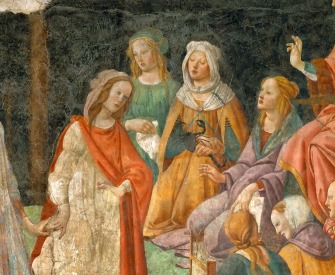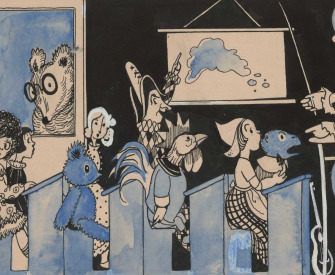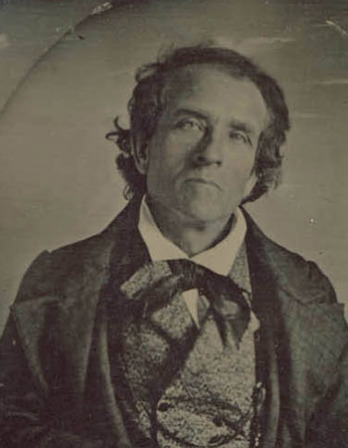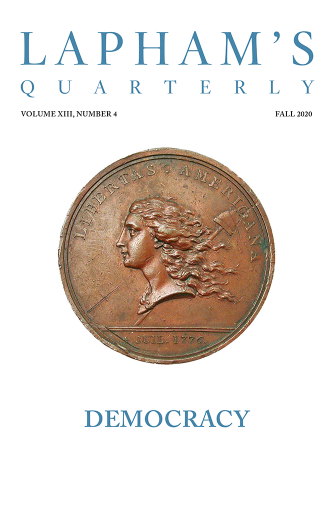By the present Declaration of the Rights of the Child, commonly known as the “Declaration of Geneva,” men and women of all nations, recognizing that mankind owes to the child the best that it has to give, declare and accept it as their duty that, beyond and above all considerations of race, nationality, or creed:
The child must be given the means requisite for its normal development, both materially and spiritually;
The child that is hungry must be fed; the child that is sick must be nursed; the child that is backward must be helped; the delinquent child must be reclaimed; and the orphan and the waif must be sheltered and succored;
The child must be the first to receive relief in times of distress;
The child must be put in a position to earn a livelihood, and must be protected against every form of exploitation;
The child must be brought up in the consciousness that its talents must be devoted to the service of fellow men.
“Geneva Declaration of the Rights of the Child,” as endorsed by the League of Nations. Jebb and her sister Dorothy Buxton founded the Save the Children Fund in England in 1919 to help German and Austro-Hungarian children who were starving as a result of the still-in-force Allied blockade. That same year, at the Paris Peace Conference, the League of Nations was created. The international body adopted Jebb’s five points in 1924, and they served as the basis for the UN’s Declaration of the Rights of the Child in 1959.
Back to Issue





